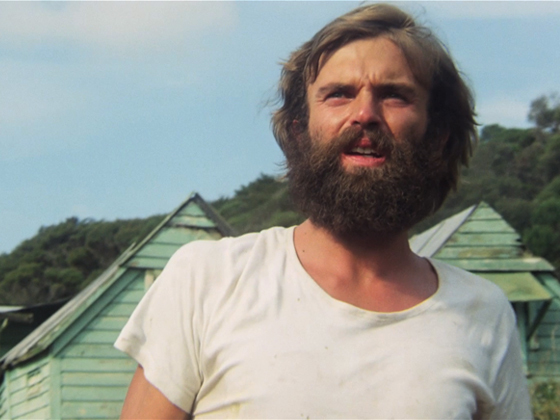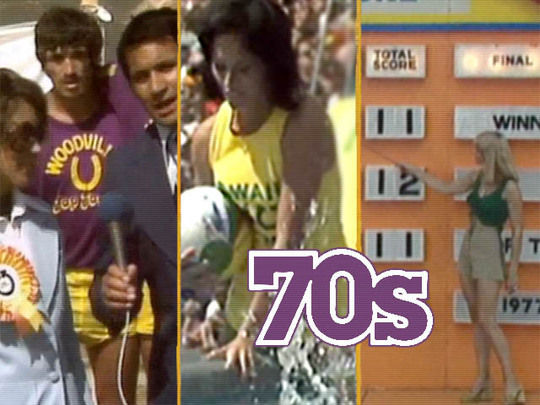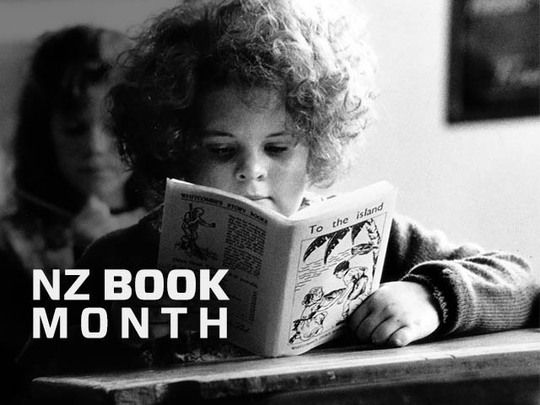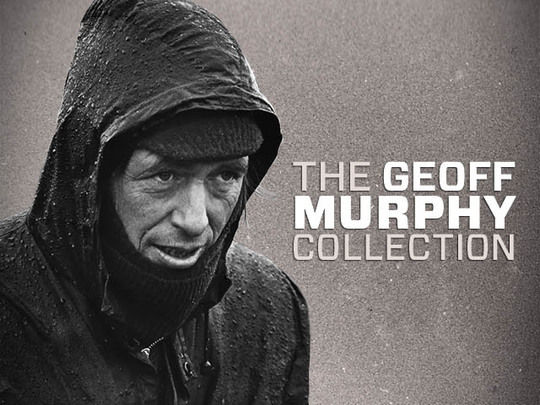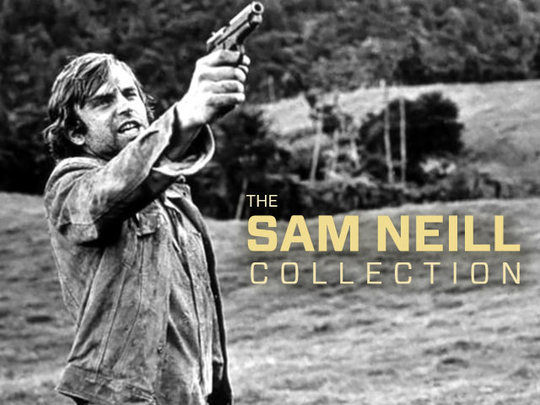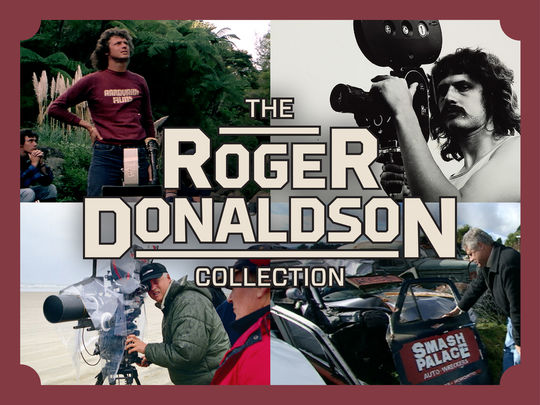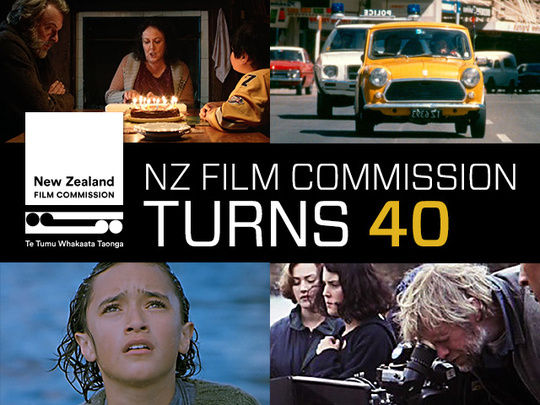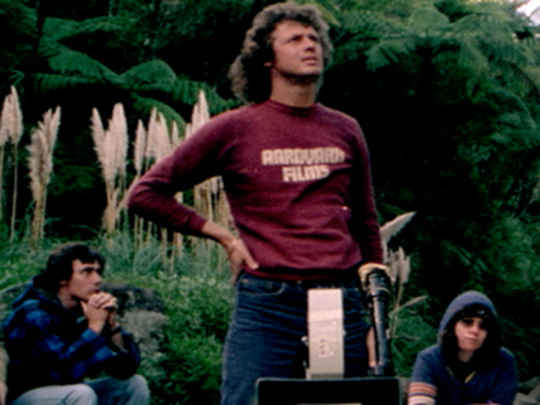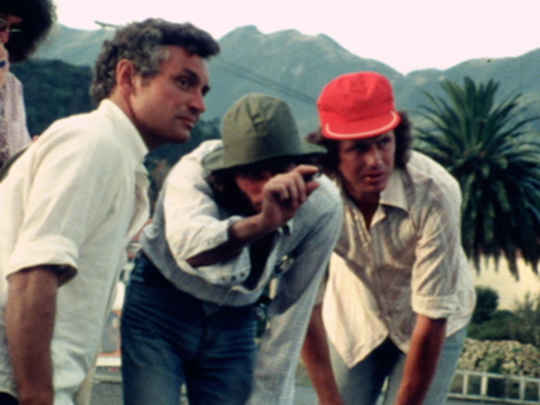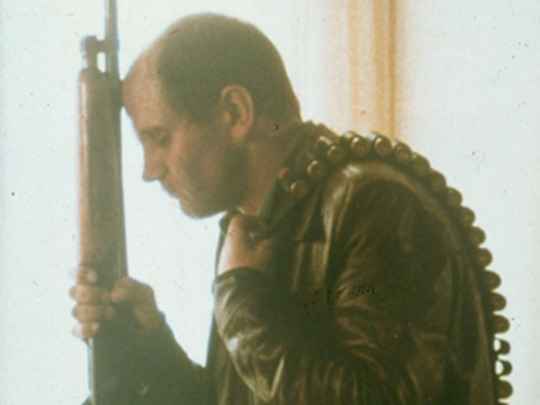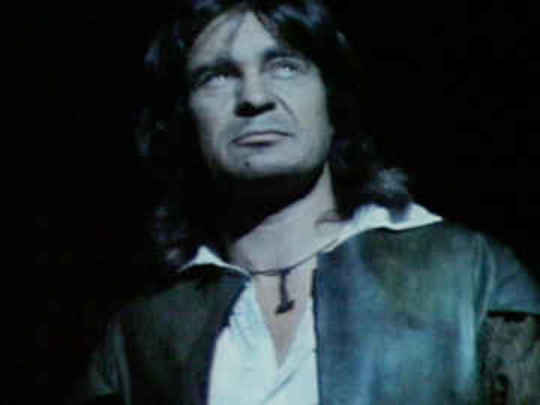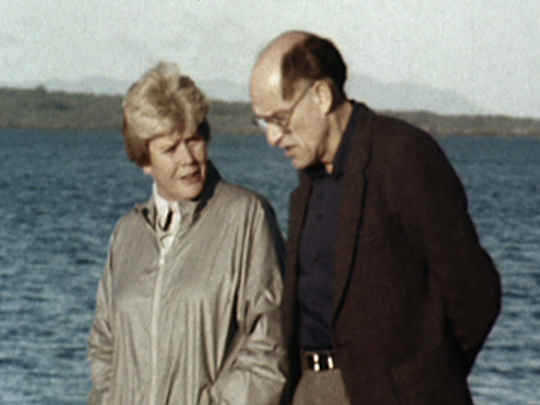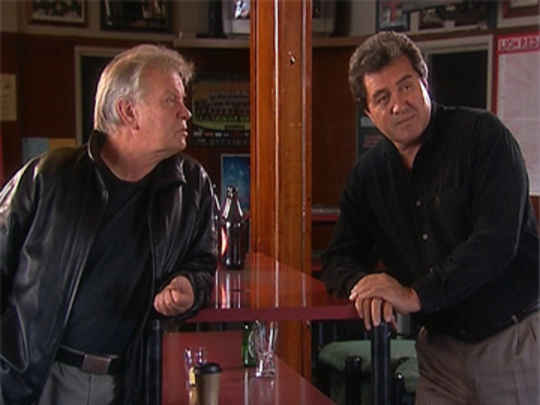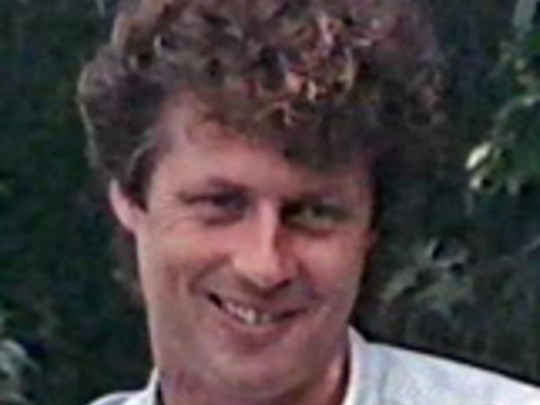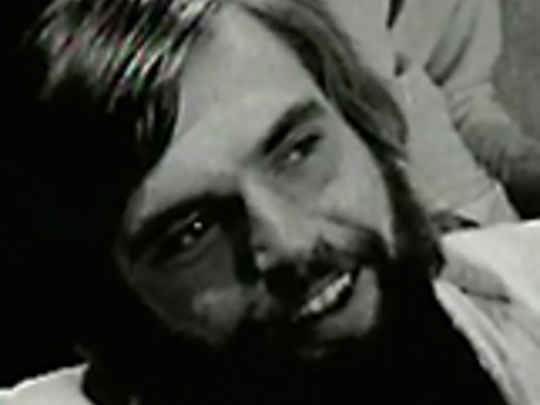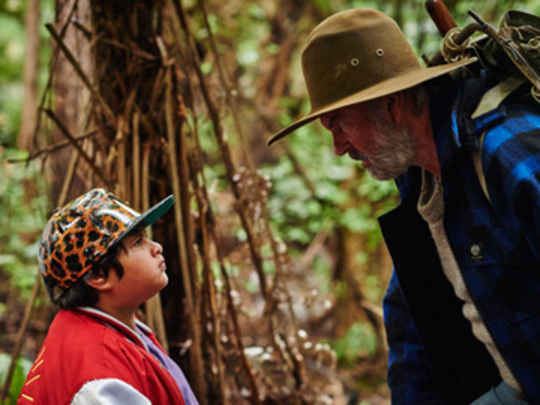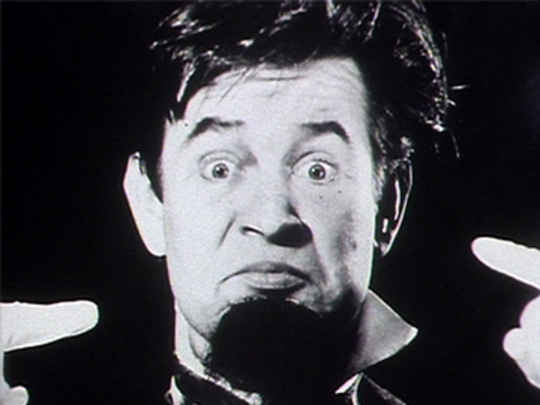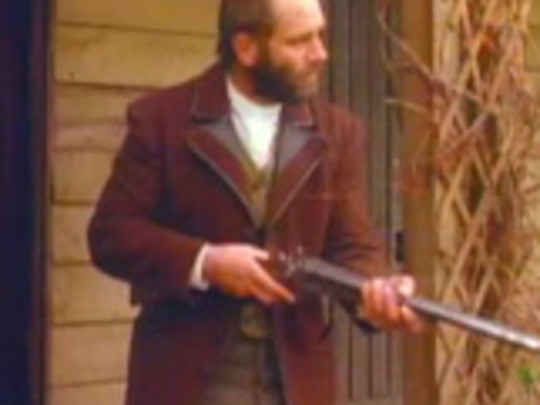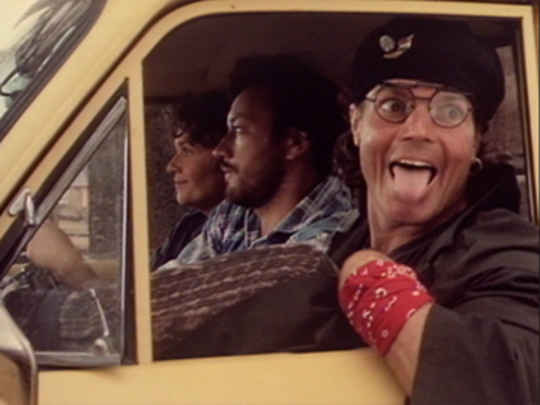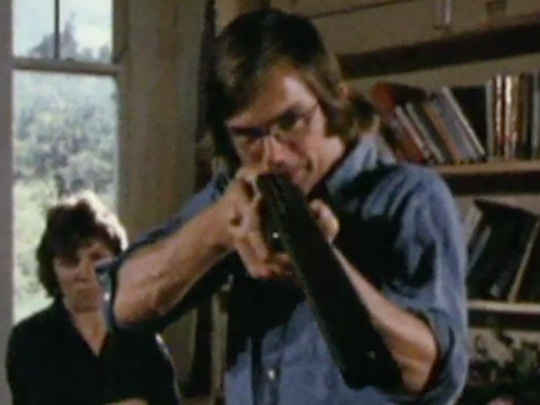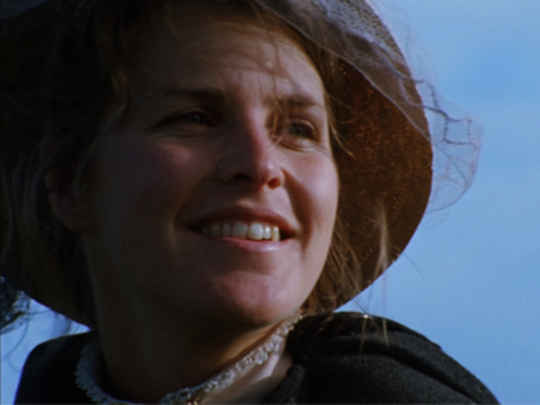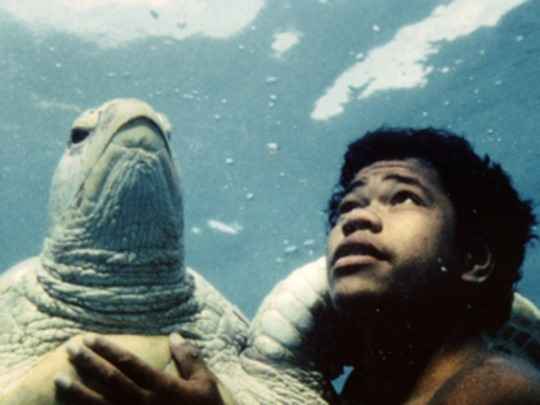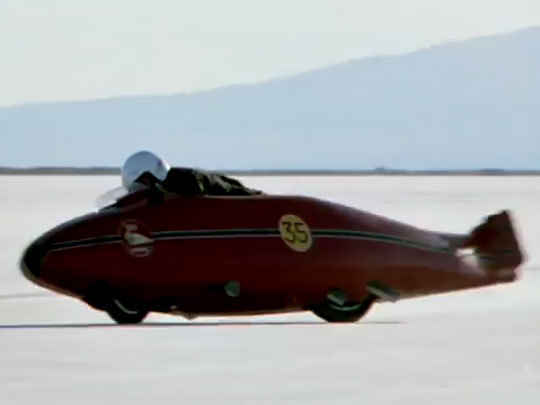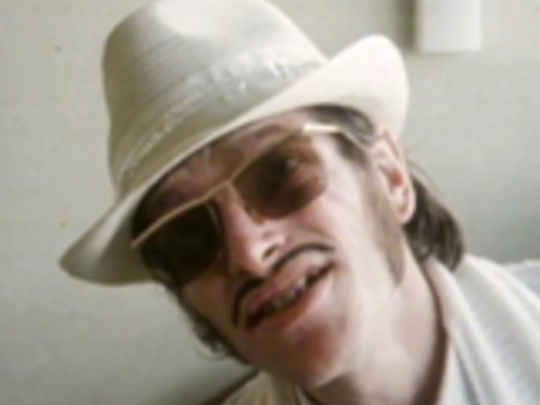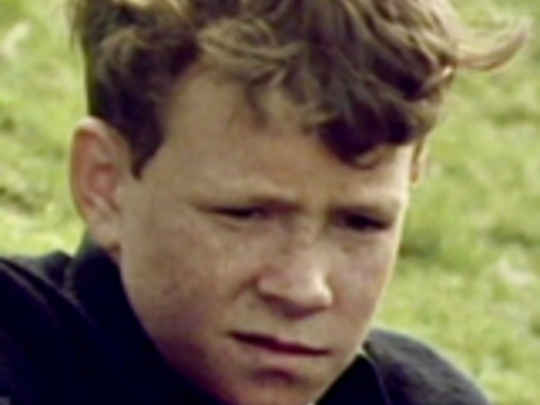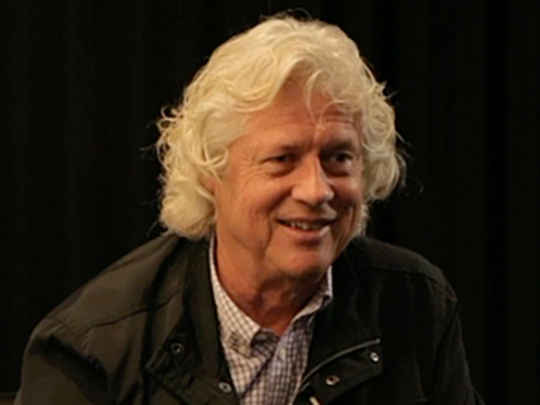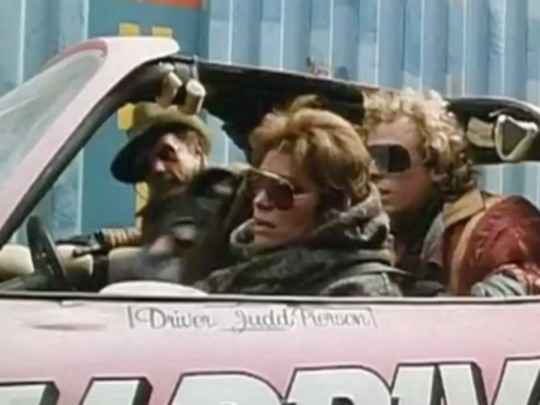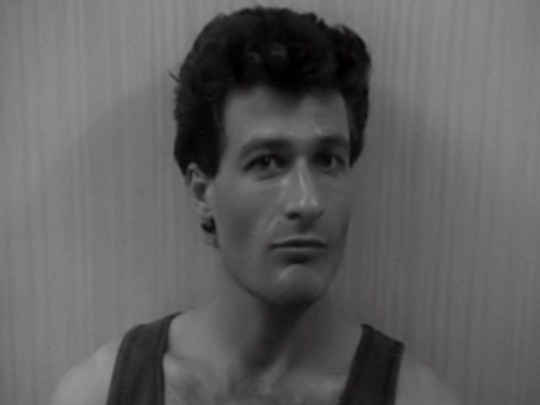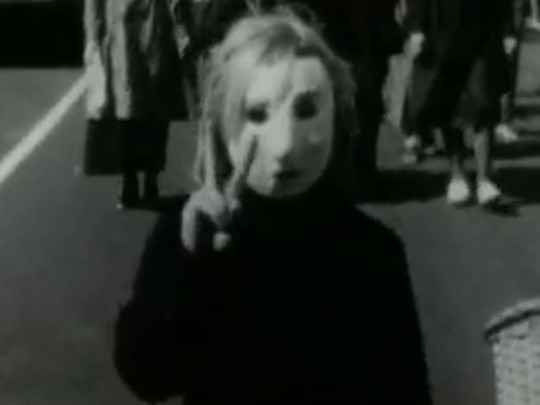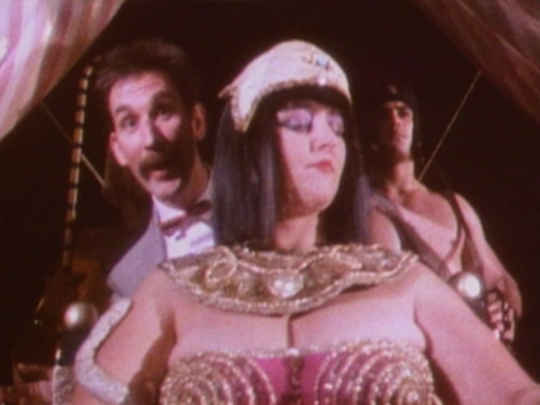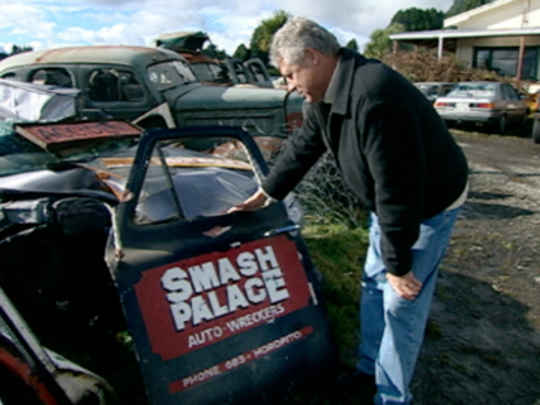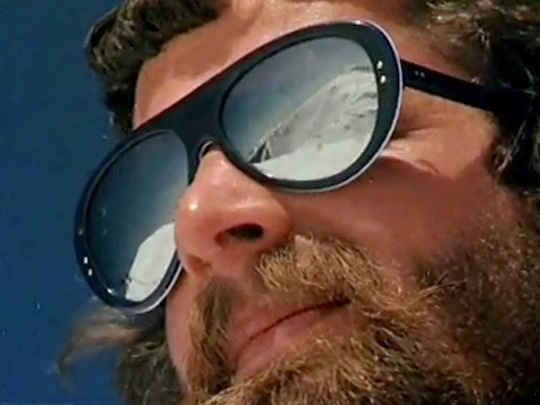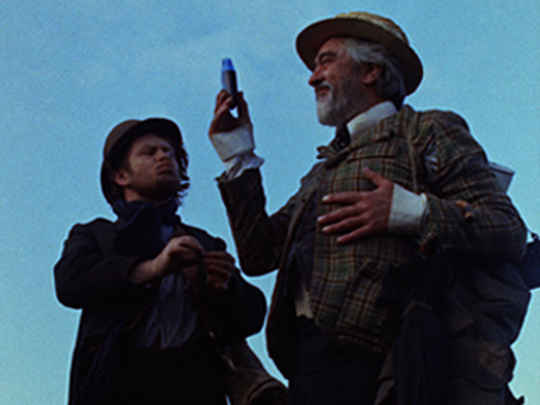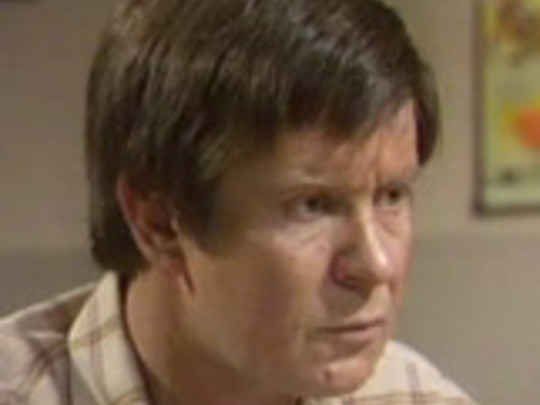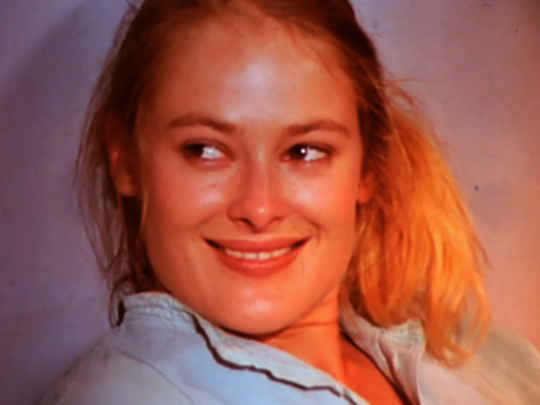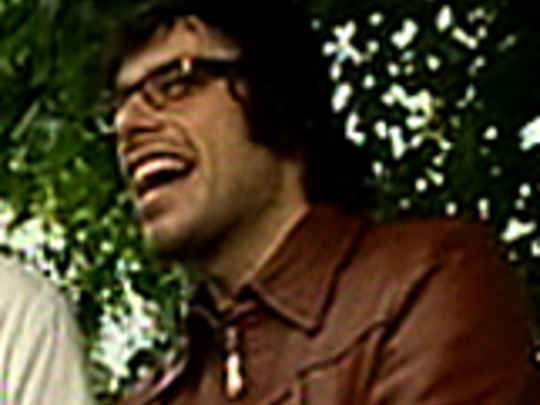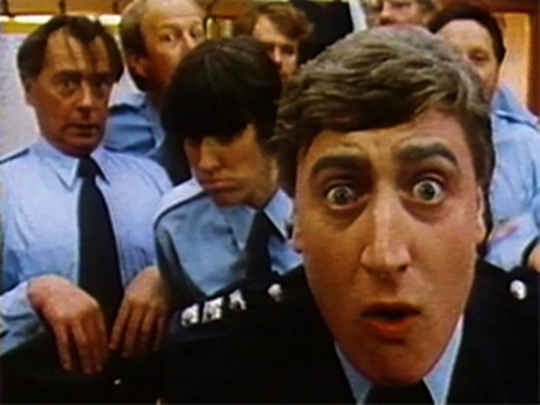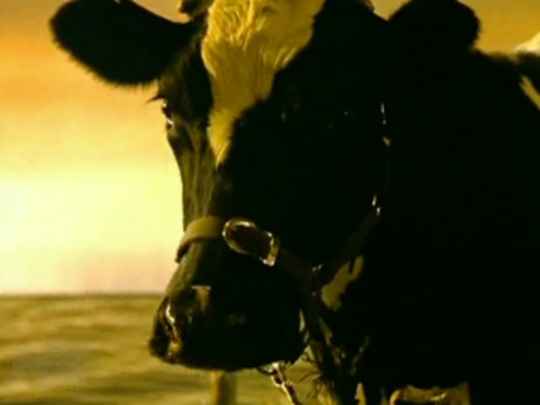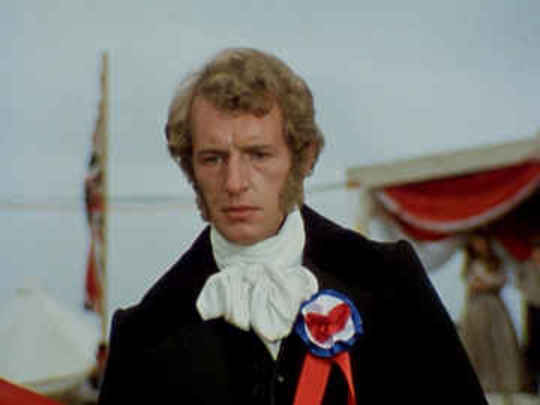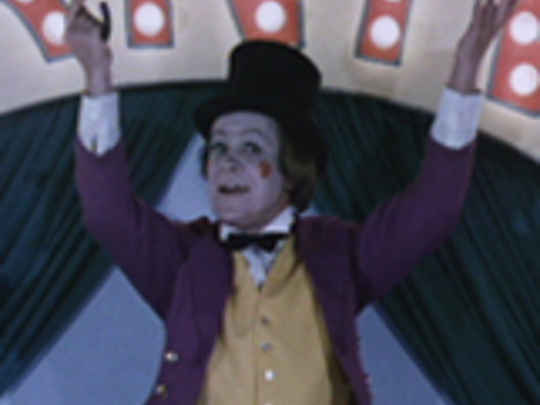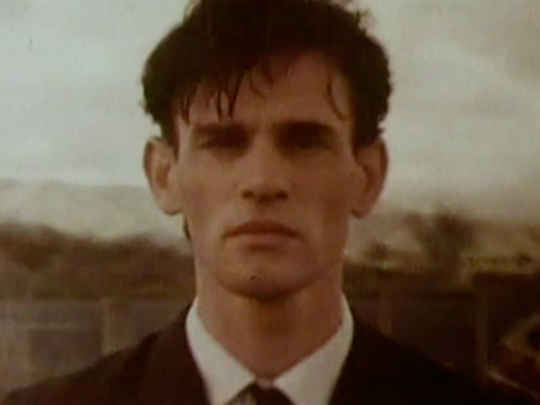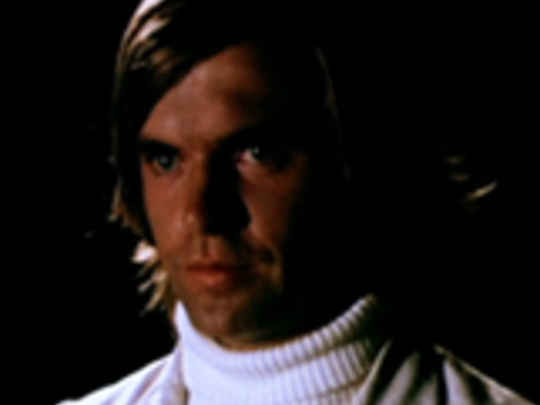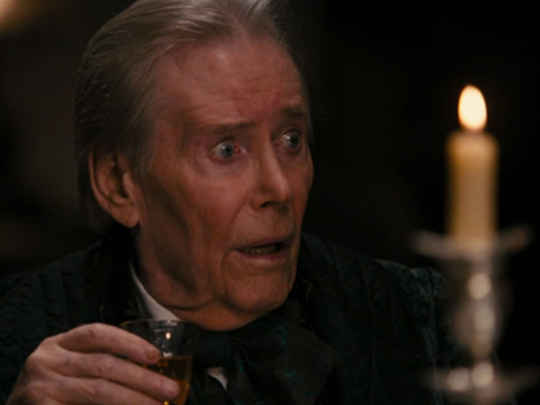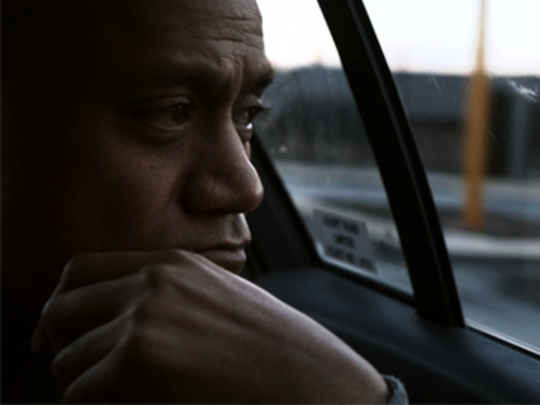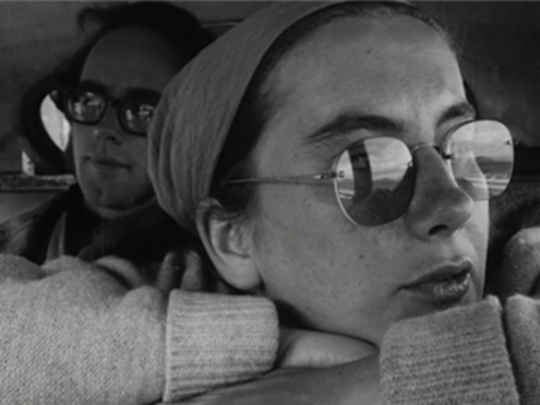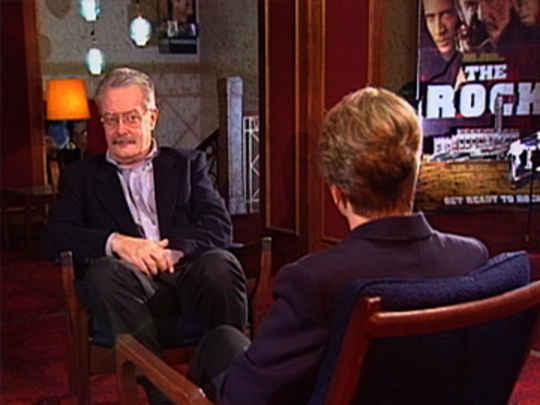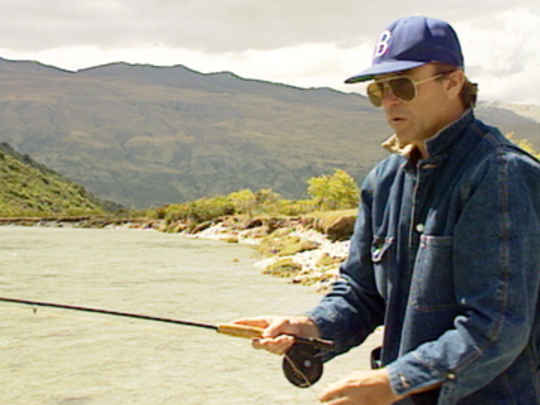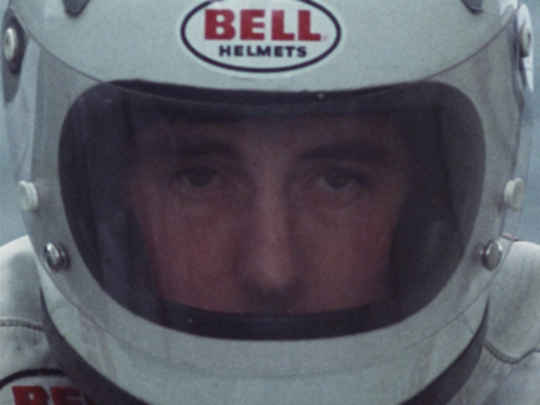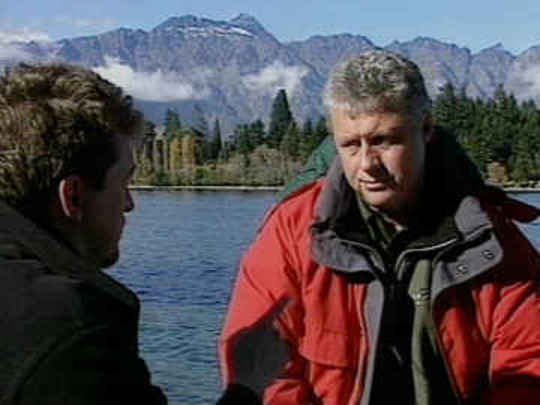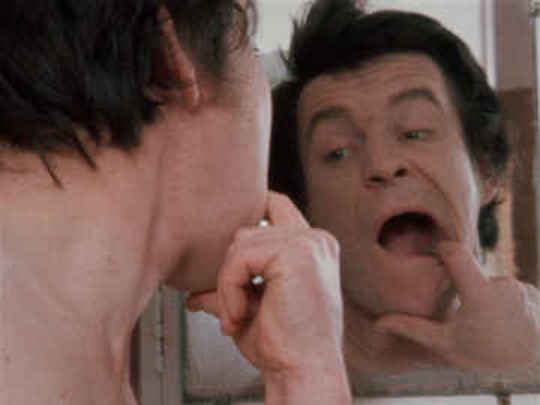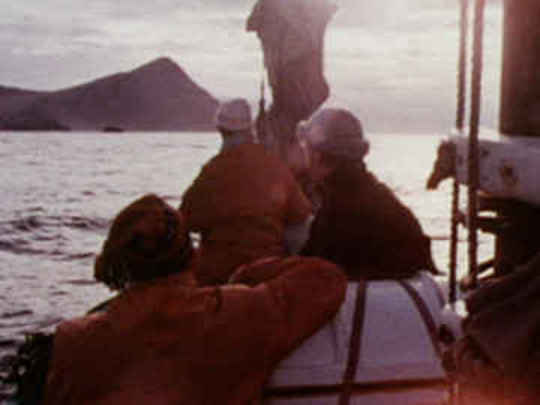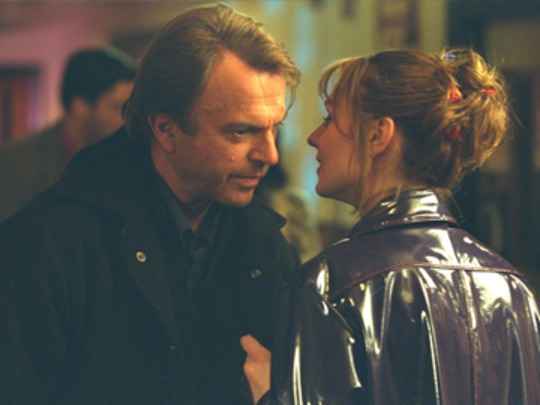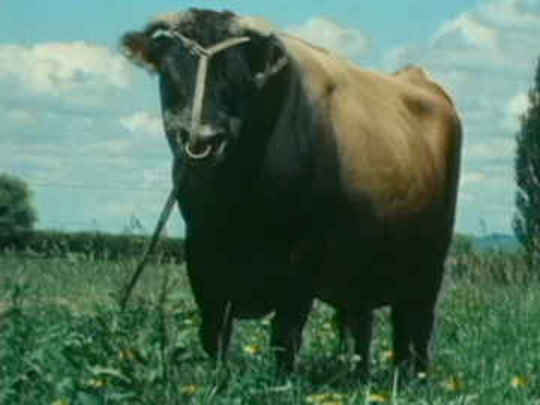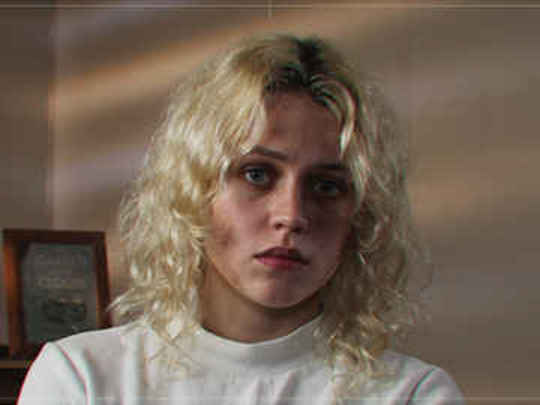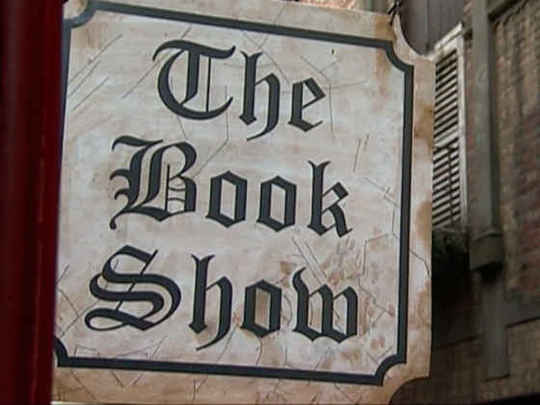Sleeping Dogs
Film (Trailer and Excerpts) – 1977
A perspective
Sleeping Dogs heralded the new wave of New Zealand feature films in the late 1970s, and was a key factor in the establishment of the New Zealand Film Commission. It was also the first New Zealand film released in the United States (a feat rarely repeated), and it launched the international careers of director Roger Donaldson and lead actor Sam Neill. Neill was 30 at the time, and in his first major screen role his charisma is palpable; Donaldson's assured direction, particularly of the action pieces, would set him on his way to a long career helming studio films in Hollywood.
Donaldson made this film (based on CK Stead's novel Smith's Dream) at a time when New Zealanders, beginning to shrug off the cultural cringe, were hungry to see images of themselves on the big screen. It was released widely and was well attended (in contrast to the few films that had previously been made here, which struggled to find audiences).
Politically, the 1970s were a time of fear and uncertainty; there was an oil crisis and inflation was rampant. The story, with its 'man alone' anti-authority themes, presented a distinctly local take on the zeitgeist.
While the street riots portrayed (see the second clip) seemed far-fetched at the time, the film anticipated the violent altercations between police riot squads and anti-apartheid protesters that would take place during the 1981 Springbok rugby tour.
Many of the scenes, especially large-scale set-pieces, were ambitious, with helicopters, fighter planes, explosions and riots in Auckland city streets. A major coup was to enlist the support of the Royal New Zealand Air Force, who supplied helicopters and Skyhawk jets.
Aware of the need for an international name to help finance the picture, Donaldson tried to get Jack Nicholson for the role of Colonel Willoughby. His agent laughed when the fee ($5000) was mentioned, and suggested they consider American tough guy and Sam Peckinpah regular Warren Oates instead. Warren accepted, and his larger than life character makes a strong impact on the picture.
Reviews of the film were mostly favourable, though more so about the directing than the script. Variety commented on the film's "sharp directional flair, particularly the action segments, the taut performances by the large cast and a handsome technical gloss in all departments". The cinematography was also noted: "Without going for easy scenic shots, Michael Seresin's camera work records the freshness of a landscape hardly seen on international screens."
Added Roger Ebert: "Roger Donaldson's sharp, suspenseful direction does wonders for the material. What it lacks in originality, Sleeping Dogs makes up in intensity and conviction."
- After helping organise the Out Takes Film Festival, Richard King went on to direct Sydney's Mardi Gras Film Festival from 1999 to 2003. In 2007 he programmed the NZ International Film Festival.
